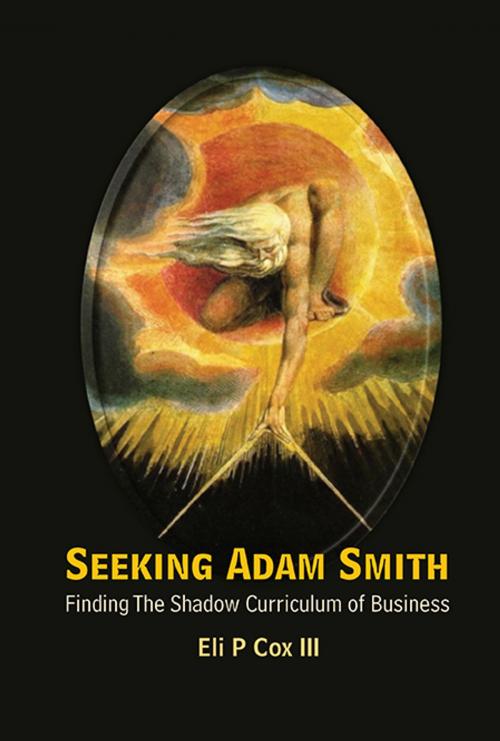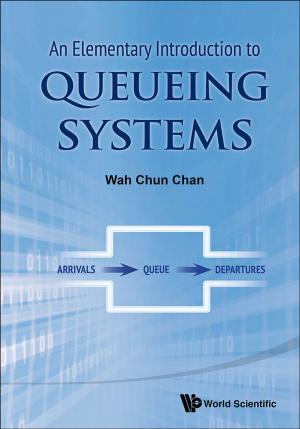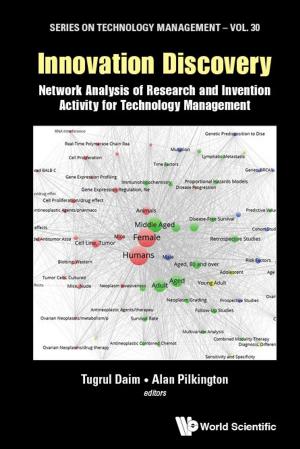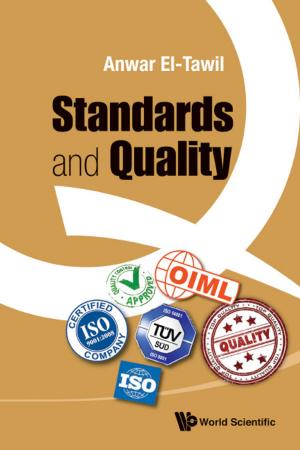Seeking Adam Smith
Finding The Shadow Curriculum of Business
Business & Finance, Business Reference, Business Ethics| Author: | Eli P Cox III | ISBN: | 9789813206755 |
| Publisher: | World Scientific Publishing Company | Publication: | March 17, 2017 |
| Imprint: | WSPC | Language: | English |
| Author: | Eli P Cox III |
| ISBN: | 9789813206755 |
| Publisher: | World Scientific Publishing Company |
| Publication: | March 17, 2017 |
| Imprint: | WSPC |
| Language: | English |
"A needed and overdue corrective, this book should be essential reading for business and economics scholars and for anyone interested in these subjects."
Kirkus Reviews
Seeking Adam Smith provides a fascinating insider's explanation for why business school faculty members, including the author, bear some responsibility for the highly destructive corporate practices evident throughout the first sixteen years of the 21st century.
Since the Great Recession substantial resources and effort have been expended to incorporate ethics and corporate social responsibility into business curricula. The effectiveness of these efforts has been limited because they have little impact on the technical and core business courses serving as the gateway to the highest paying jobs. Students and practitioners may be led to conclude falsely that the business world is an ethics-free zone.
Seeking Adam Smith demonstrates that greed is highly destructive motive for conducting business and the notion that greed is good is nowhere to be found in the Wealth of Nations despite claims by some of the world's leading economists. Cox offers alternative economic perspectives that are more realistic and less prone to misuse than those permeating the current business curricula.
Seeking Adam Smith also contains a forward written by Thomas J. Ward who served as Senior Managing Partner of Bear Stearns during its demise and an afterward by Sherron Watkins, Enron whistle-blower and Time Person of the Year 2002.
Contents:
- Introduction
- Preparing for the Journey
- Why were Business Schools Established?
- How has Economics Influenced Business?
- What is the Shadow Curriculum of Business?
- Is Homo Economicus Contagious?
- What if the Twin Pillars Prevailed?
- Why has Radical Individualism been Promoted?
- Would Smith Agree with the Twin Pillars?
- What are Alternative Views in Economics?
- What Lessons Can be Learned?
Readership: This book is for anyone interested in business ethics, corporate social responsibility and in making corporate America better by educating a new generation of "responsible" executives. Saving Adam Smith should also serve as an excellent textbook for business, economics, sociology, or public policy courses.
Key Features:
- Introduces new terms: twin pillars of free-market capitalism, creed of greed, shadow curriculum of business
- Devotes a chapter to Adam Smith's theories, drawing on An Inquiry into the Nature and Causes of the Wealth of Nations, The Theory of Moral Sentiments, and his jurisprudence lectures
- Source materials are drawn from numerous academic disciplines but is written for the general reader. The book employs stories and illustrations to support the analysis and conclusions
"A needed and overdue corrective, this book should be essential reading for business and economics scholars and for anyone interested in these subjects."
Kirkus Reviews
Seeking Adam Smith provides a fascinating insider's explanation for why business school faculty members, including the author, bear some responsibility for the highly destructive corporate practices evident throughout the first sixteen years of the 21st century.
Since the Great Recession substantial resources and effort have been expended to incorporate ethics and corporate social responsibility into business curricula. The effectiveness of these efforts has been limited because they have little impact on the technical and core business courses serving as the gateway to the highest paying jobs. Students and practitioners may be led to conclude falsely that the business world is an ethics-free zone.
Seeking Adam Smith demonstrates that greed is highly destructive motive for conducting business and the notion that greed is good is nowhere to be found in the Wealth of Nations despite claims by some of the world's leading economists. Cox offers alternative economic perspectives that are more realistic and less prone to misuse than those permeating the current business curricula.
Seeking Adam Smith also contains a forward written by Thomas J. Ward who served as Senior Managing Partner of Bear Stearns during its demise and an afterward by Sherron Watkins, Enron whistle-blower and Time Person of the Year 2002.
Contents:
- Introduction
- Preparing for the Journey
- Why were Business Schools Established?
- How has Economics Influenced Business?
- What is the Shadow Curriculum of Business?
- Is Homo Economicus Contagious?
- What if the Twin Pillars Prevailed?
- Why has Radical Individualism been Promoted?
- Would Smith Agree with the Twin Pillars?
- What are Alternative Views in Economics?
- What Lessons Can be Learned?
Readership: This book is for anyone interested in business ethics, corporate social responsibility and in making corporate America better by educating a new generation of "responsible" executives. Saving Adam Smith should also serve as an excellent textbook for business, economics, sociology, or public policy courses.
Key Features:
- Introduces new terms: twin pillars of free-market capitalism, creed of greed, shadow curriculum of business
- Devotes a chapter to Adam Smith's theories, drawing on An Inquiry into the Nature and Causes of the Wealth of Nations, The Theory of Moral Sentiments, and his jurisprudence lectures
- Source materials are drawn from numerous academic disciplines but is written for the general reader. The book employs stories and illustrations to support the analysis and conclusions















